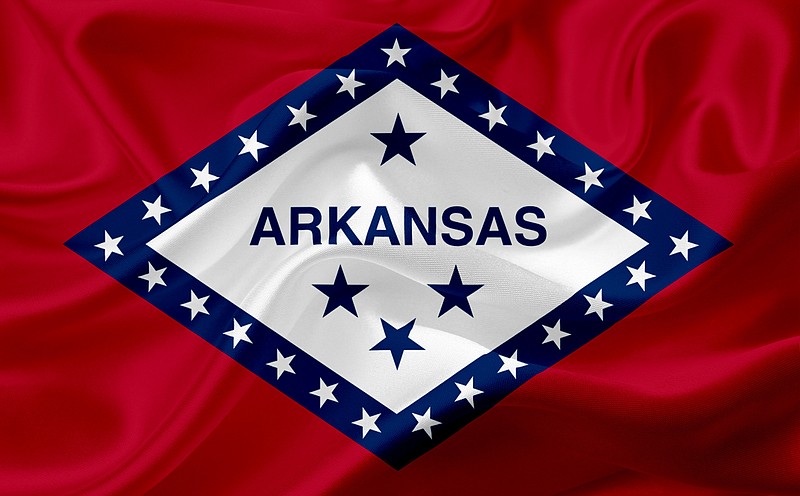LITTLE ROCK - A federal freeze on most evictions that was enacted last year is scheduled to expire Saturday, after the Biden administration extended the original date by a month. The moratorium put in place by the Centers for Disease Control and Prevention in September has been the only tool keeping millions of tenants in their homes. Many of them lost jobs during the coronavirus pandemic and have fallen months behind on their rent.
Landlords successfully challenged the order in court, arguing that they also had bills to pay. They pointed out that tenants could access nearly $47 billion in federal money set aside to help pay rents and related expenses.
Advocates for tenants said the distribution of the money had been slow and that more time was needed to distribute it and repay landlords. Without an extension, they feared a spike in evictions and lawsuits seeking to oust tenants who were behind on their rents.
Even with the delay, roughly 3.6 million people in the U.S. as of July 5 said they would face eviction within the next two months, according to the U.S. Census Bureau's Household Pulse Survey. The survey measures the social and economic effects of the pandemic every two weeks through online responses from a representative sample of U.S. households.
Here's the situation in Arkansas:
What's the status of eviction moratoriums in the state?
Arkansas doesn't have its own moratorium. It also doesn't track evictions, but advocates for renters say they've seen eviction cases proceeding despite the CDC's moratorium.
What's being done to help people facing eviction?
Arkansas set aside $173 million in federal funds to set up the Emergency Rental Assistance Program for people who have lost jobs or are struggling financially because of the pandemic. So far, though, only about $2.2 million of that money has been dispensed for 844 households, according to the state Department of Human Services.
Renters can qualify if someone in the home receives unemployment benefits, had a decline in income or incurred significant financial hardship due to the pandemic. They also must meet income eligibility requirements based on their area's median income and the number of people in their household.
Funds are paid directly to landlords and can cover up to 15 months of rent and utilities from April 1, 2020, through the end of this year.
Advocates say a problem with rental assistance is that some landlords are refusing to take the money.
The state was also allocated $6.1 million for "rapid rehousing" aimed at getting homeless people into permanent housing, and $762,282 of that has been spent. The state was also allocated $4.3 million in homeless prevention, of which about $1.1 million has been spent. The funds are distributed by community organizations around the state.
How are the courts handling eviction hearings?
The Arkansas Supreme Court issued an order last year requiring any new eviction complaints to state that they would not be prevented by a moratorium under the CARES Act. That moratorium, which covered federally subsidized mortgages or properties, ended in July 2020, and the state Supreme Court didn't issue a similar order regarding the CDC's moratorium.
Kendall Lewellen, managing attorney at the Center for Arkansas Legal Services, said eviction procedures vary across the state but that for the most part, she has seen courts enforcing the CDC's moratorium by allowing a hearing on whether the tenant qualifies for its protection. If so, the court either schedules another hearing for after the moratorium expires or gives the landlord a court order that doesn't take effect until after the moratorium expires.
How affordable are the state's major rental markets?
There is a shortage of affordable rental homes available to low income households in Arkansas, according to the National Low Income Housing Coalition. It says the annual household income needed to rent a two-bedroom home in Arkansas is $30,372.

